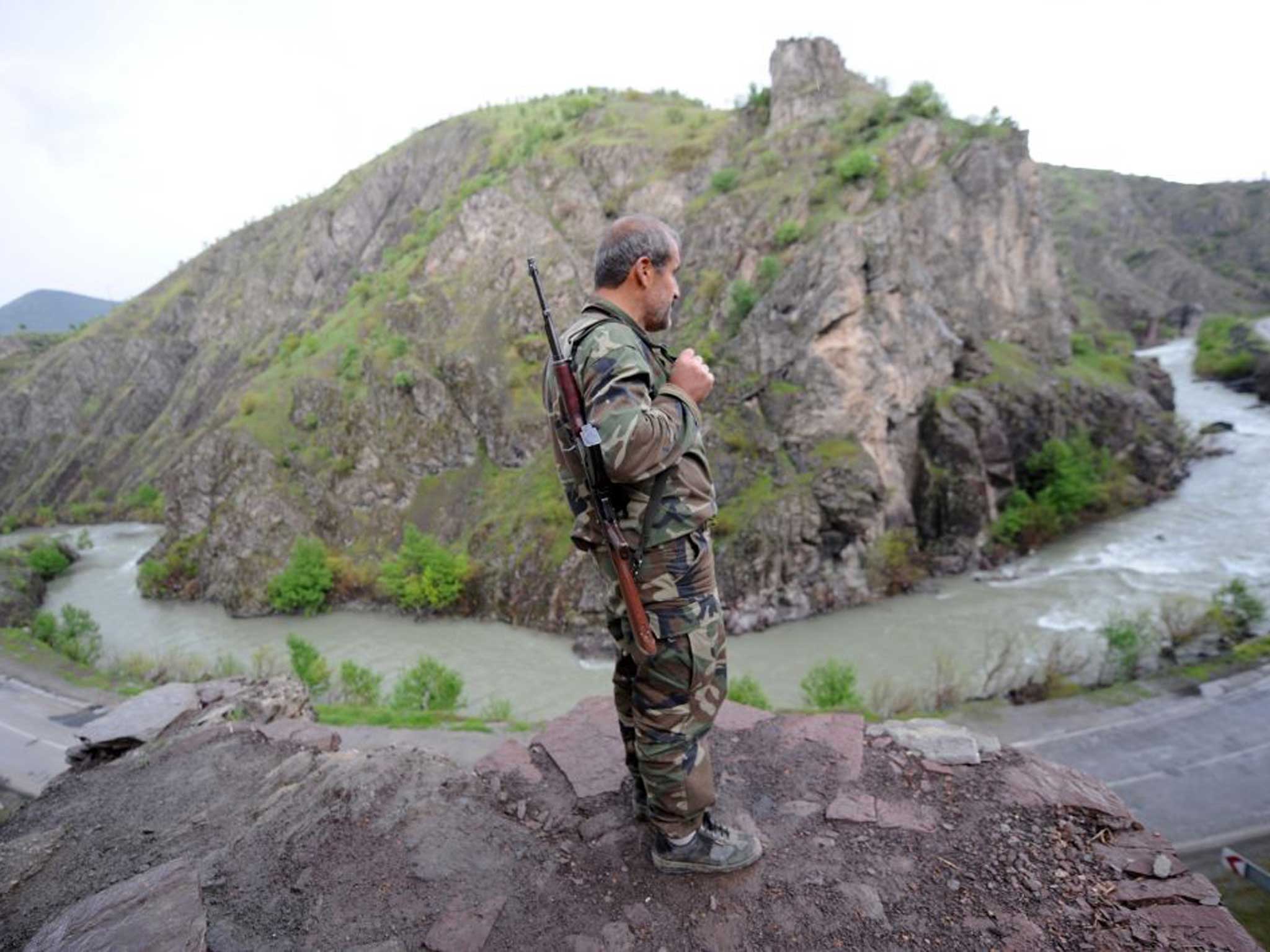The Turkish government must take immediate steps to abolish the system of village guards, which has given rise to some of the most serious human rights violations in southeast Turkey, and continues to present an obstacle to the return of displaced villagers in that area.
The Turkish government, security forces and paramilitaries are obstructing the return of hundreds of thousands of displaced villagers to their homes in the formerly war-torn southeast. This 78-page report documents the plight of mainly Kurdish villagers forced to flee their villages in southeastern Turkey during the 15-year conflict waged between the illegal, armed Kurdish Workers’ Party (PKK) and Turkish government forces. Estimates of the number of displaced people range from 380,000 to 1,000,000, most of whom were forced out of their homes by Turkish security forces and paramilitary village guards determined to deprive the PKK of access to food, shelter and recruits. Human Rights Watch interviewed dozens of displaced villagers who longed to return home and escape cramped and impoverished lives in unfamiliar urban surroundings. But although active hostilities ceased in 1999, it appears that no more than ten percent have ventured home. Human Rights Watch identified a range of factors blocking return, from inadequate government assistance to continued violence by Turkish security forces and their paramilitaries. Human Rights Watch called on the Turkish government to engage with relevant international and nongovernmental organizations to develop and finance a new comprehensive return plan in line with international standards.
In what must be one of the most tightly controlled towns in the world, it was perhaps understandable that a young man in the billiards parlor wanted to talk only about the weather.
As a fragrant breeze from the mountains brought an end to a glorious spring day, the man said quietly, ”Weather is very bad here.”
Pressed for an explanation, he said, ”We speak with our eyes.”
At a cafe around the corner, an older man said: ”You can see us, but you can’t hear us. Our lips are sealed.” At that moment, two plainclothes police officers sat down at the table, and all conversation ceased.
Tens of thousands, often under heavy state pressure, accepted the Kalashnikovs and started fighting against their own people

